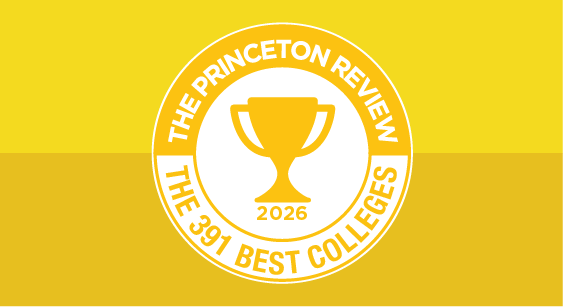There is not a required AP Literature Book List reading list for the AP English Literature and Composition Exam, but the College Board provides a long list of authors and poets with whom you should be familiar and whose work is of the caliber and density that you are expected to understand. The list may seem overwhelming, but fear not! The following tips on how to approach poems, novels, novellas, and plays for the exam, along with a curated list, will make preparing for the AP Literature Exam a little easier.

Poetry
When you approach a poem on the AP English Literature exam, always read it at least twice before you go to the questions. The purpose of the first read is to get all the words in your head. Then, in your second read, focus on understanding what you’ve read in the simplest way possible. Don’t worry about symbolism Don’t worry about deeper meanings. The questions will direct you toward those aspects of the poem. Use your second read to look for the main idea. Practice reading the following poems at least twice to familiarize yourself with finding the main idea:
“Autumn Song” by W.H. Auden
“One Art” by Elizabeth Bishop
“There’s a certain Slant of light” by Emily Dickinson
“Let America Be America Again” by Langston Hughes
“Crossing the Swamp” by Mary Oliver
"Lady Lazarus" by Sylvia Plath
“Sunday Morning” by Wallace Stevens
“I Will Keep Broken Things” by Alice Walker
“The Prelude” by William Wordsworth
“The Second Coming” by William Butler Yeats
Longer Works
To be prepared for the Literary Argument, you should know at least three works very well. Two of them should be longer works that you’ve studied in class. We’ll call these the primary works.
Your primary works should be fairly hefty. One of Shakespeare’s plays or a thick, complex novel will do anything that is so rich in incident and form that no matter what the literary argument question asks, you have something to say. The following full-length works are all good choices.
Wuthering Heights by Emily Brontë
Don Quixote by Miguel Cervantes
Invisible Man by Ralph Ellison
The Kite Runner by Khaled Hosseini
Their Eyes Were Watching God by Zora Neale Hurston
The Catcher in the Rye by J. D. Salinger
Hamlet by William Shakespeare
Frankenstein by Mary Shelley
Of Mice and Men by John Steinbeck
The Adventures of Huckleberry Finn by Mark Twain
Shorter Works
The third work you should prepare for the Literary Argument will act as a safeguard in case, for some reason, you can’t apply your knowledge of the other works to the question at all, or in case you need to back up your points with another example. This will be your secondary work. Trust us, the question stem may say that you need to choose only one work to discuss, but an exam reader will be hugely impressed if you can adeptly discuss two or three pieces of literature. Listed below are examples of shorter novels, novellas, and plays that are acceptable to the AP Readers.
Novellas and Short Novels:
The Old Man and the Sea by Ernest Hemingway
The Turn of the Screw by Henry James
Death in Venice by Thomas Mann
Ballad of the Sad Café by Carson McCullers
Candide by Voltaire
Plays:
Who’s Afraid of Virginia Woolf? by Edward Albee
Waiting for Godot by Samuel Beckett
A Doll’s House by Henrik Ibsen
The Crucible by Arthur Miller
A Streetcar Named Desire by Tennessee Williams
Hopefully this overview of how to prepare for the exam and introduction to the AP Literature book list will make studying for the AP Literature Exam more manageable.
Explore Colleges For You
Connect with our featured colleges to find schools that both match your interests and are looking for students like you.
Get Started on Athletic Scholarships & Recruiting!
Join athletes who were discovered, recruited & often received scholarships after connecting with NCSA's 42,000 strong network of coaches.
Best 391 Colleges
170,000 students rate everything from their professors to their campus social scene.



